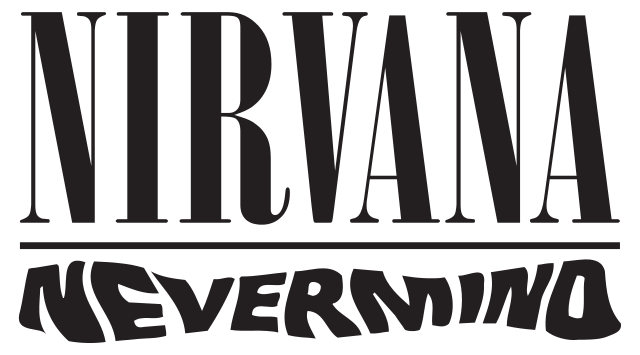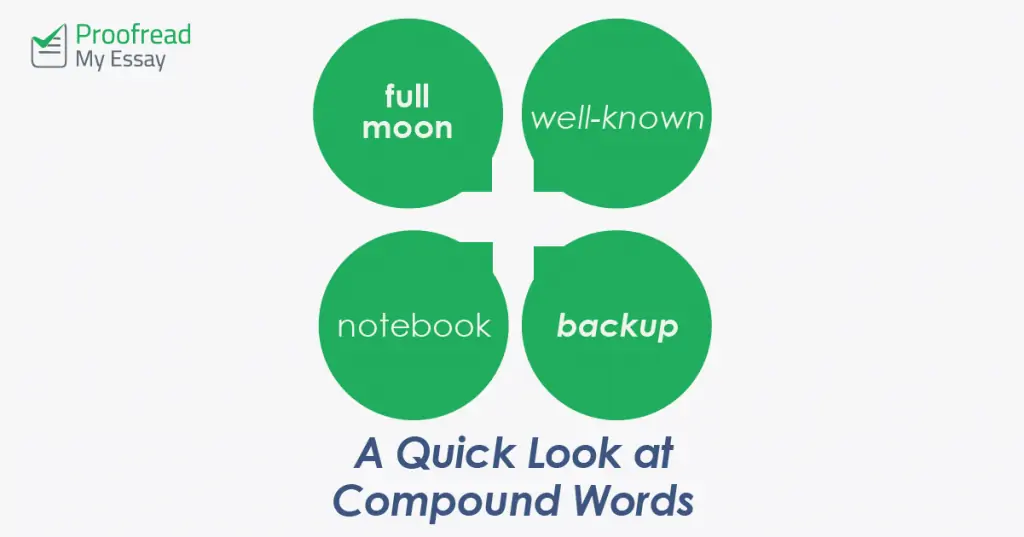This is a post about compound words, but let’s start with the Spice Girls:
Come a little bit closer baby, get it on, get it on
‘Cause tonight is the night when two become one
We included that because it’s what we sing when we use compound words in our writing. But what are compound words? How should they be written? And what on earth does that have to do with our love of ‘90s pop music?

(Photo: Ezekiel/wikimedia)
Well, we can’t answer that last question. But we’ll give the others a go.
What Are Compound Words?
Compound words are made up of two or more other words. They can be written as open compounds, hyphenated compounds, or closed compounds:
- Open compounds are written as separate words, but they are conventionally used together (e.g. full moon, mobile phone, ice cream).
- Hyphenated compounds occur when two or more terms are joined with a hyphen (e.g. mother-in-law, well-known, T-shirt).
- Closed compounds are written as a single term but combine two or more words that could be written separately (e.g. notebook, boyfriend, childlike).
All of these are importantly distinct from contractions, where two words are combined by dropping letters from one or both terms.
One key difference here is that contractions are considered informal, while compound words are accepted in formal writing.
Open, Hyphenated or Closed?
The question of how to write certain terms is tricky, as there’s a lot of variation. ‘Email’, for example, can also be written as ‘e-mail’, while ‘car pool’ can also be spelled ‘carpool’. It’s ultimately a matter of convention.
Our main tip on this front is to use one spelling consistently throughout the document you’re writing. But you can also look up words in a reliable dictionary (e.g. Merriam-Webster, OED) to see how they spell it.
In addition, there are a few helpful guidelines for how to write compound words in different situations, which we’ll look at next.
When to Hyphenate a Compound Word
The rules about hyphenating compound words are fairly flexible, but they can still be useful. The most common guidelines are to hyphenate:
- When using a compound modifier before the word it modifies (e.g. a well-laid plan or a mind-numbingly boring speech).
- When writing compound numbers between twenty-one and ninety-nine.
- With ages and time spans in years (e.g. a seven-year itch).
It’s also worth noting that compound adjectives are not hyphenated when one term is ‘very’ or an adverb ending in ‘-ly’:
She found a perfectly formed gemstone. ✓
She found a perfectly-formed gemstone. ✗
Nor are they hyphenated when they come after the noun they modify:
The plan was well meaning. ✓
The plan was well-meaning. ✗
Find this useful?
Subscribe to our newsletter and get writing tips from our editors straight to your inbox.
As mentioned, there is some variation here (e.g. ‘old-fashioned’ is almost always hyphenated, even when it appears after the term it modifies). But the rules above can help if you’re unsure whether to hyphenate a word.
One Word or Two?
Part of the confusion surrounding closed compound words is that they often have specific meanings that differ from their constituent parts. ‘Everyday’, for example, is an adjective meaning ‘ordinary’ or ‘routine’. It should be used in a sentence like this:
My everyday clothes were in the wash, so I wore pyjamas to the pub.
This isn’t quite the same as ‘every day’, which is written as two words and means ‘each day’. It’s important not to get these terms confused if you want to be clear about what you mean:
I go to the pub every day. ✓
I go to the pub everyday. ✗
Similar issues arise with terms like ‘already’ and ‘altogether’, which have distinct meanings from ‘all ready’ and ‘all together’. This makes it vital to check how you’re using compound words.
With ‘alright’ and ‘all right’, meanwhile, we have a different problem. Technically, both mean ‘satisfactory’ or ‘safe’, but ‘alright’ is widely considered a little informal. It may gain acceptance one day, but for now it’s best not to use it in formal writing.
Nouns and Verbs
Another major cause of errors with compound words is whether they’re being used as nouns or verb phrases. Typically, the noun forms are written as a single closed compound:
My computer setup cost me thousands of dollars.
Here, for example, ‘setup’ is one word because it refers to a thing, not an action. The verb form of this term would be the two-word ‘set up’:
It took me hours to set up my computer.
Other terms where these rules apply include ‘workout’ (verb = ‘work out’), ‘backup’ (verb = ‘back up’) and ‘handout’ (verb = ‘hand out’). Look out for these and similar terms in your writing.
Incorrect Compounds
Finally, some terms are incorrectly written as compound words even when there is no correct version. Examples include ‘alot’ (which should always be ‘a lot’) and ‘nevermind’ (which should be ‘never mind’ unless you’re referring to the Nirvana album).

These are simply errors and should be avoided in your written work. Most spellcheckers will highlight these as incorrect, but make sure to check a dictionary if you’re unsure.
And if you’d like any extra help with compound words in your writing, our proofreaders can help. Submit a free trial document today to find out more.



